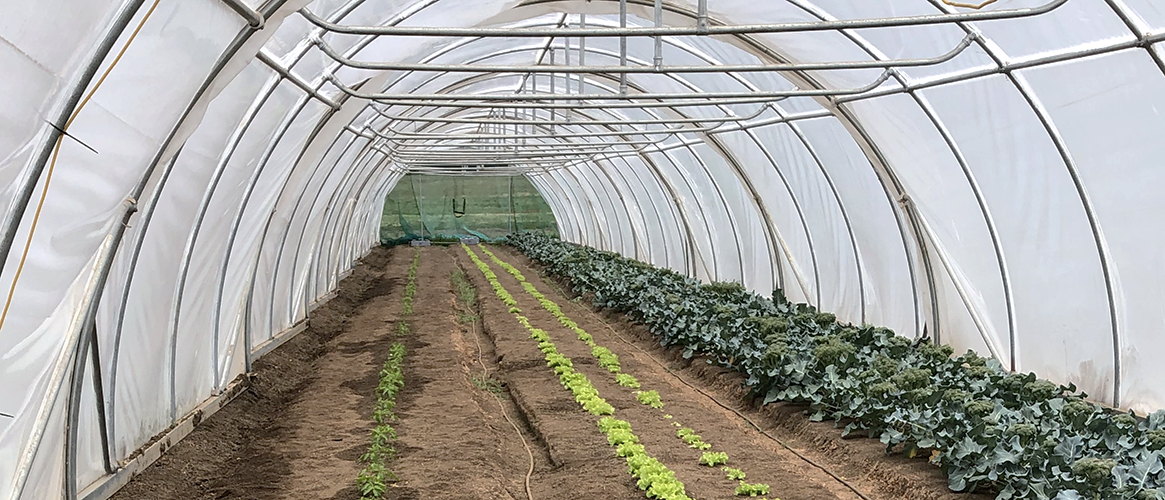Mitsui and Frost & Sullivan display the future of agritechnology in Australia
Last Tuesday, Mitsui Chemicals and Frost & Sullivan held a workshop focusing on The Future of Agritechnology in Australia in Hamilton in south-west Victoria.
The theme for the event was ‘Leveraging Advanced Technologies for Enhanced Farm Profitability’, and it focused on the product iCAST® (Integrated Cultivation-Accelerating System), a simple system consisting of a supply tank and crop cultivation tubing. This tubing contains the Integrated Cultivation-Accelerating Material, known as iCALM®.
These products have been developed by Mitsui Chemicals in Japan and are currently being trialled on rows of vegetable crops including capsicum, cauliflower, broccoli, snow peas and tomatoes at the Department of Economic Development, Jobs, Transport and Resources (DEDJTR) site in Hamilton. The first phase of the trials began in 2015, and they are currently up to phase four.
The morning began with a presentation from Frost & Sullivan Industry Director, Australia & New Zealand Ivan Fernandez, who spoke about the current and emerging challenges facing growers in Australia. He noted that there are lessons to be learnt when it comes to technology, particularly how it integrates with people and “not getting carried away with the latest technology” – making sure it is implemented from end-to-end.
Mitsui Chemicals Manager – Next Generation Business Development Division Hirozumi Matsuno introduced Mitsui to the audience and explained the different sectors of business to which the company caters. He spoke about iCAST® and how it works plus the benefits for growers, as well as the aims to have the product ready for commercial production in Victoria by late 2019.
The final speaker was Senior Research Scientist – Agriculture Research Dr Zhongnan Nie, who gave an evaluation of iCAST® field trials and the results achieved over the past three years.
The results compared the use of iCAST®’s performance alongside drip irrigation and rainfed conditions and so far, these have been positive for most vegetables particularly in terms of broccoli quality and the increase of lycopene in processing tomatoes.
Phase four will be conducted over the rest of this year and leading into 2019, which will continue to monitor the crops under iCAST, drip irrigation and rainfed conditions as well as testing new high value crops in snow peas, cauliflower and red capsicum.
Following the presentations, attendees were taken for a tour of the trial sites situated on the DEDJTR property. They were shown how iCAST® and iCALM® work in the field; how these products would be distributed into the ground; and the equipment growers would need to implement the system. Local business Arboline is working closely with DEDJTR and Mitsui to develop this equipment and test it in the field.
More about Mitsui Chemicals and how iCAST® works, plus the results so far, can be found on page 41 of the November/December edition of Vegetables Australia.
This post appeared in the AUSVEG Weekly Update published 4 December 2018. Subscribe to the Update using our online form to receive the latest industry news in your inbox every week!

